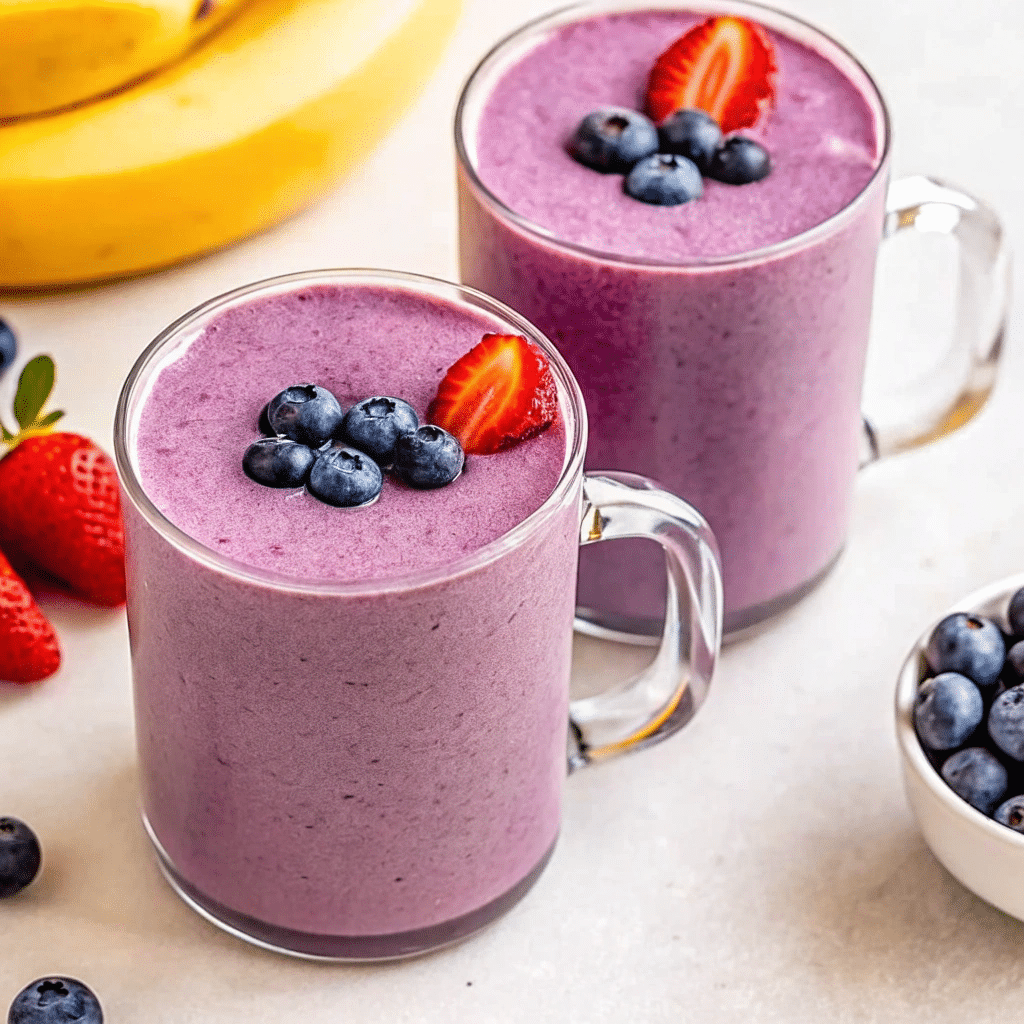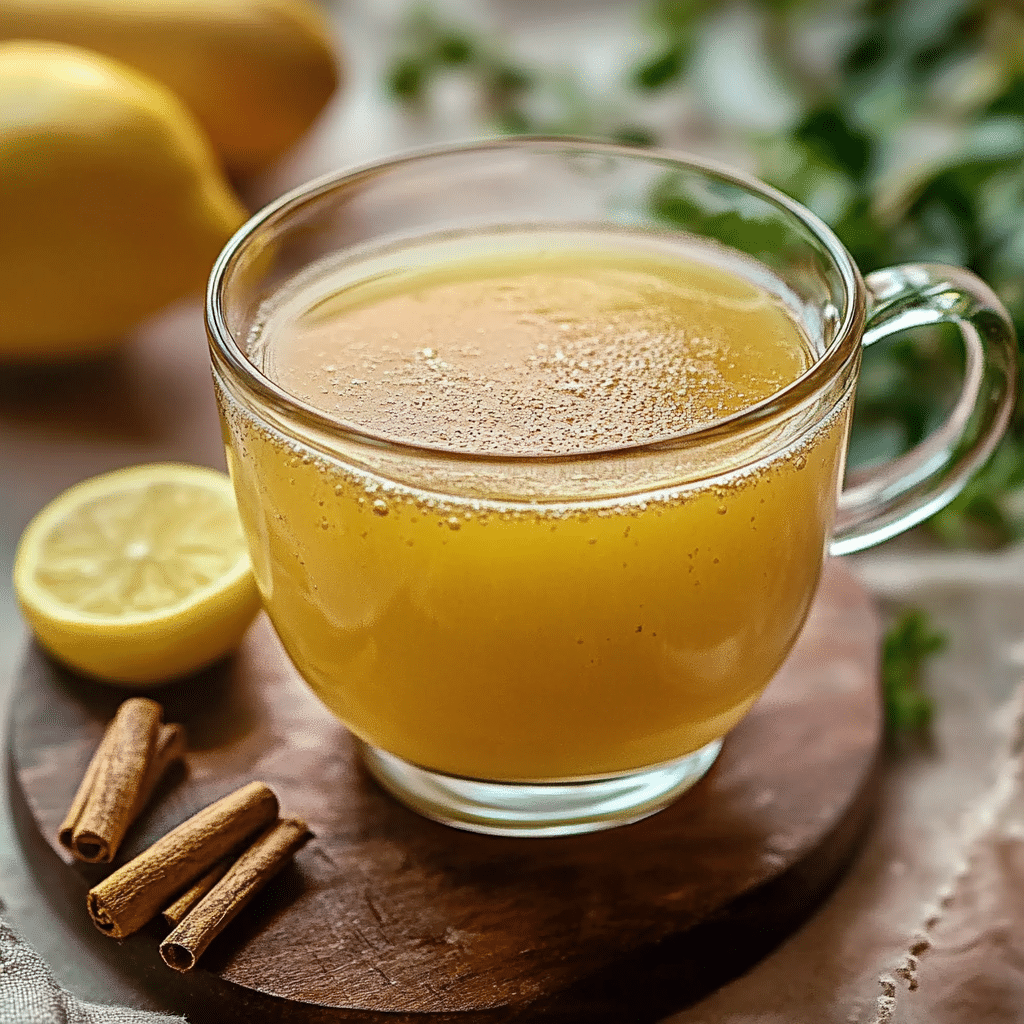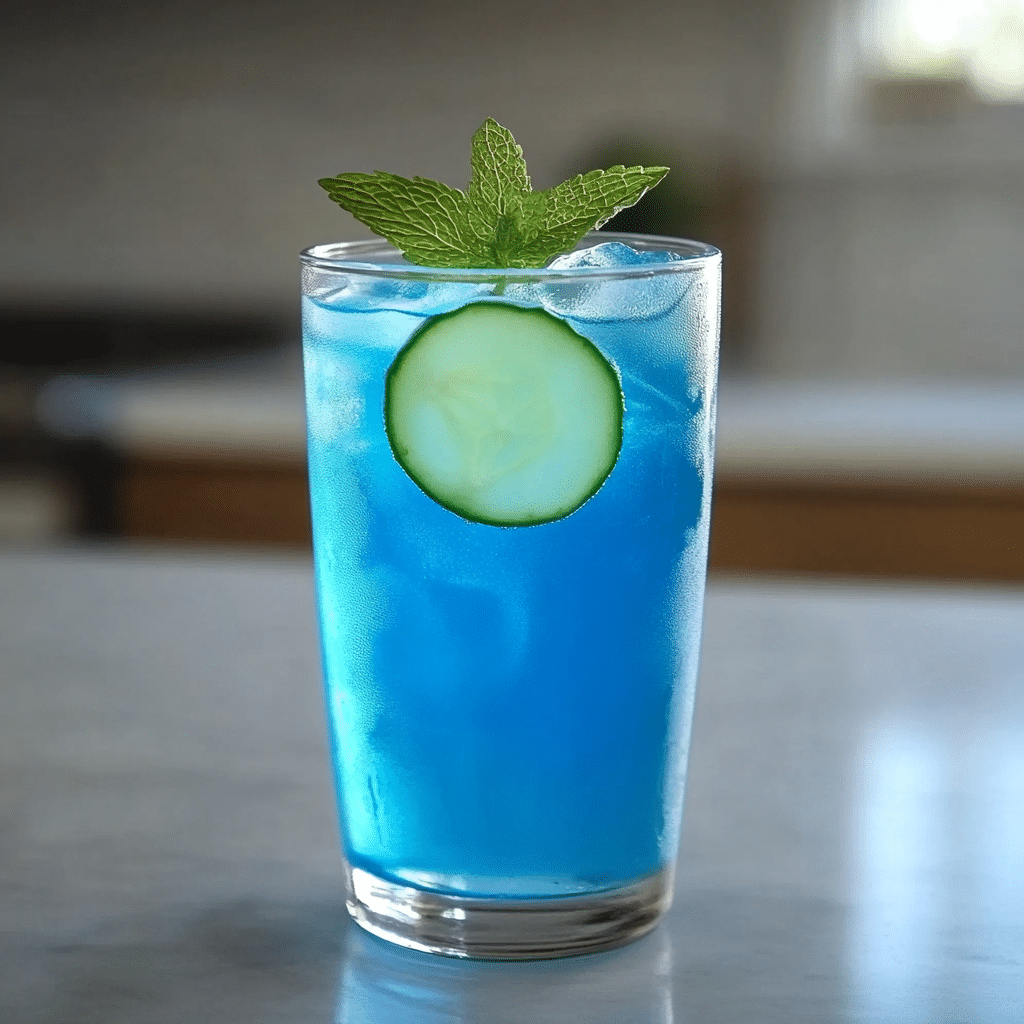Welcome!
Enjoy time in the kitchen! Level-up your cooking skills with everyday recipes.
Find expert tips and tested, flavorful recipes from a professional recipe creator and cookbook author–they will become your favorites!
We also focus on trending, health-conscious recipes — from natural weight loss drinks to wholesome meals — inspired by real-life success stories and the latest wellness research.
Find Your Perfect Recipe Here
Newest Recipes

Banana Berry Protein Smoothie
Believe it or not, this smoothie was my most-made recipe in 2024 (with cc cookies being a close second)! I had it for lunch almost every day, & I’ll continue to in 2025! 😋 -Sofie
Get the recipe!
Hey, I’m Sofie!
It’s so great to meet you! This blog is my way of celebrating the magic of home-cooked meals, inspired by my grandma’s cozy kitchen where I first discovered the joy of cooking. She taught me that love, patience, and wholesome ingredients are the key to unforgettable dishes. While you’ll find delicious comfort food recipes here, I also explore healthier twists and occasional weight loss-friendly meals — because nourishing the body can still mean savoring every bite. Let’s embark on a flavorful and balanced journey together!

















